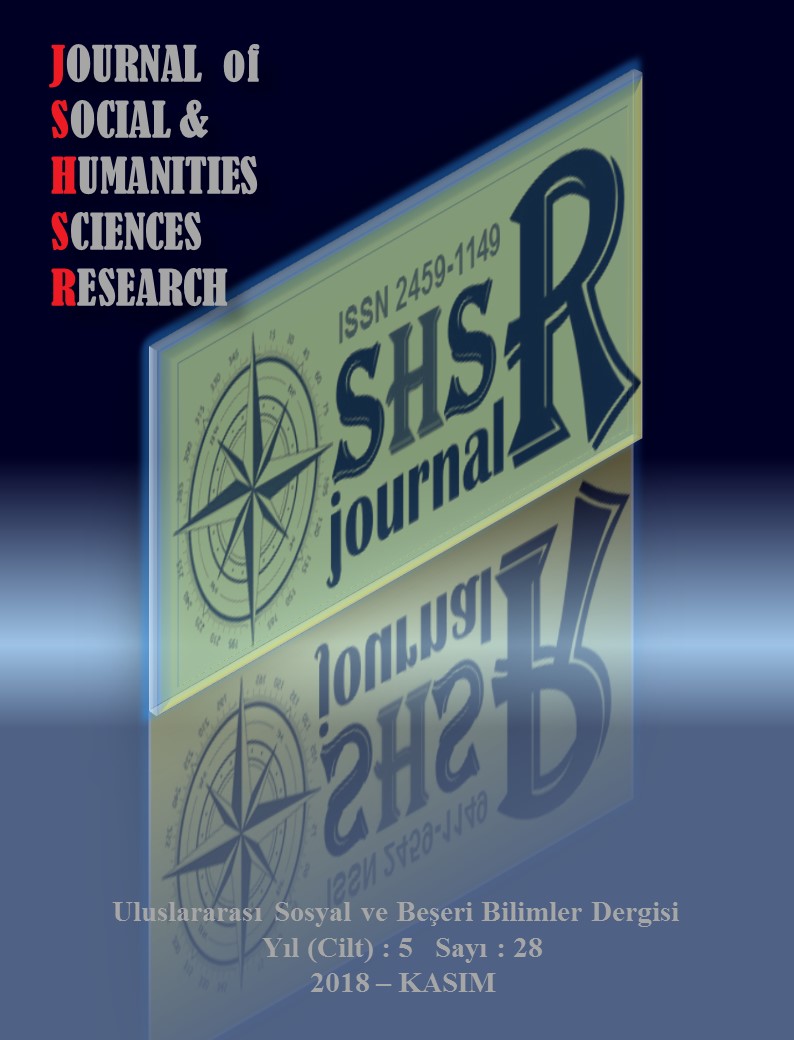THE VALIDITY AND RELIABILITY STUDY OF THE TURKISH VERSION OF THE PROFESSIONAL VITALITY SCALE
DOI:
https://doi.org/10.26450/jshsr.715Keywords:
Professional Vitality, Passion, Vigor, Facility, Job SatisfactionAbstract
The purpose of this study is to adapt the Professional Vitality Scale (Harvey, 2002) to Turkish and to make validity and reliability analyzes. The sample of the study consists of 205 teachers working in private schools in Isparta, Burdur and Antalya provinces. As a result of the exploratory factor analysis, a measurement tool consisting of 17 items and 4 sub-dimensions was obtained which explained 59.2% of the total variance. These sub-dimensions are named as Passion, Vigor, Facility and Job Satisfaction in accordance with the original scale. The factor loadings of the scale ranged from .45 to .77. Confirmatory factor analysis results showed that the model conformed to the acceptable level (X2 = 535.76, df = 109, RMSEA = .073, NFI = .95, NNFI = .95, CFI = .96, GFI = .90, AGFI = .86 and SRMR = .061). The internal consistency reliability coefficients were .72 for Passion, .71 for Vigor, .71 for Mastery and .80 for Job Satisfaction. The internal consistency reliability coefficient of the scale is .89. As a result of the item analysis, the corrected item-total score correlations of the subscales ranged from .31 to .69. Based on these findings, it can be said that bir Professional Vitality Scale Bu is a valid and reliable instrument that can be used in the field of organizational behavior and suitable for Turkish culture
Downloads
Published
How to Cite
Issue
Section
License
Copyright (c) 2018 INTERNATIONAL JOURNAL OF SOCIAL HUMANITIES SCIENCES RESEARCH

This work is licensed under a Creative Commons Attribution 4.0 International License.


